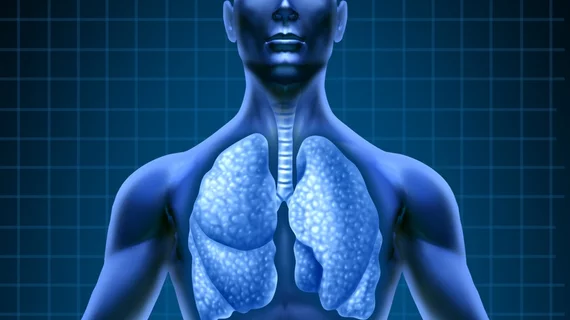AI software detects lung cancer on CT scans with 95% accuracy
Engineers at the University of Central Florida (UCF)'s Center for Research in Computer Vision have developed an artificial intelligence (AI)-based system that can detect lung cancer in CT scans with 95 percent accuracy, according to a UCF news release.
The engineers used strengthened connections created between brain neurons to help the system look for patterns and malignancies in the imaging scans, according to the release.
More than 1,000 CT scans provided by a collaboration between the National Institutes (NIH) of Health and Mayo Clinic were used to train the software.
The system is currently being fine-tuned to identify cancerous versus benign tumors. The team will present its research in September at the 2018 International Conference on Medical Imaging Computing and Computer Assisted Intervention (MICCAI) in Spain, according to the release.

